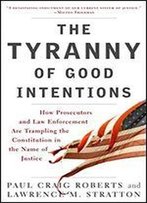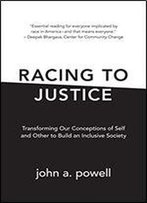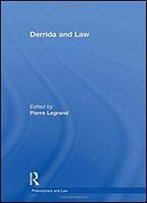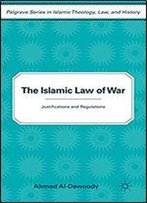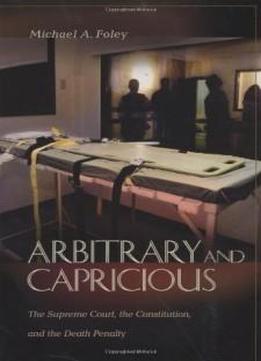
Arbitrary And Capricious: The Supreme Court, The Constitution, And The Death Penalty
by Michael A. Foley /
2003 / English / PDF
732.9 KB Download
Justice Marshall once remarked that if people knew what he knew
about the death penalty, they would reject it overwhelmingly.
Foley elucidates Marshall's claim that fundamental flaws exist in
the implementation of the death penalty. He guides us through the
history of the Supreme Court's death penalty decisions, revealing
a constitutional quagmire the Court must navigate to avoid
violating the fundamental tenant of equal justice for all.
Justice Marshall once remarked that if people knew what he knew
about the death penalty, they would reject it overwhelmingly.
Foley elucidates Marshall's claim that fundamental flaws exist in
the implementation of the death penalty. He guides us through the
history of the Supreme Court's death penalty decisions, revealing
a constitutional quagmire the Court must navigate to avoid
violating the fundamental tenant of equal justice for all.
Nearly 100 influential Supreme Court capital punishment-related
cases from 1878-2002 are examined, beginning with
Nearly 100 influential Supreme Court capital punishment-related
cases from 1878-2002 are examined, beginning withWilkerson v.
Utah
Wilkerson v.
Utah, which question not the legitimacy of capital
punishment, but the methods of execution. Over time, focus
shifted from the constitutionality of certain methods to the
fairness of who was being sentenced for capital crimes―and why.
The watershed 1972 ruling
, which question not the legitimacy of capital
punishment, but the methods of execution. Over time, focus
shifted from the constitutionality of certain methods to the
fairness of who was being sentenced for capital crimes―and why.
The watershed 1972 rulingFurman v. Georgia
Furman v. Georgia reversed the
Court's stand on capital punishment, holding that the arbitrary
and capricious imposition of the death penalty is cruel and
unusual punishment, and therefore unconstitutional. Furman
clarified that any new death penalty legislation must contain
sentencing procedures that avoid the arbitrary infliction of a
life-ending verdict, which led to the current complex tangle of
issues surrounding the death penalty and its constitutional
viability.
reversed the
Court's stand on capital punishment, holding that the arbitrary
and capricious imposition of the death penalty is cruel and
unusual punishment, and therefore unconstitutional. Furman
clarified that any new death penalty legislation must contain
sentencing procedures that avoid the arbitrary infliction of a
life-ending verdict, which led to the current complex tangle of
issues surrounding the death penalty and its constitutional
viability.

